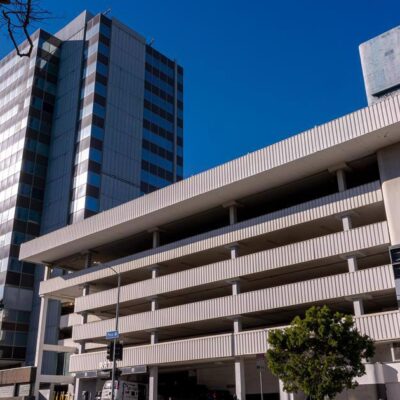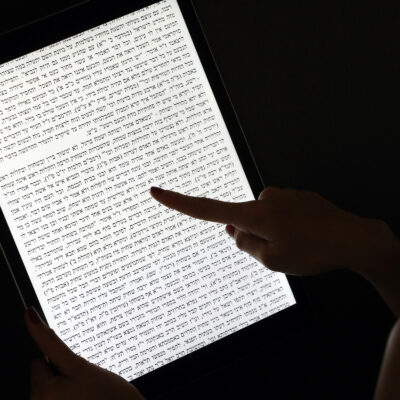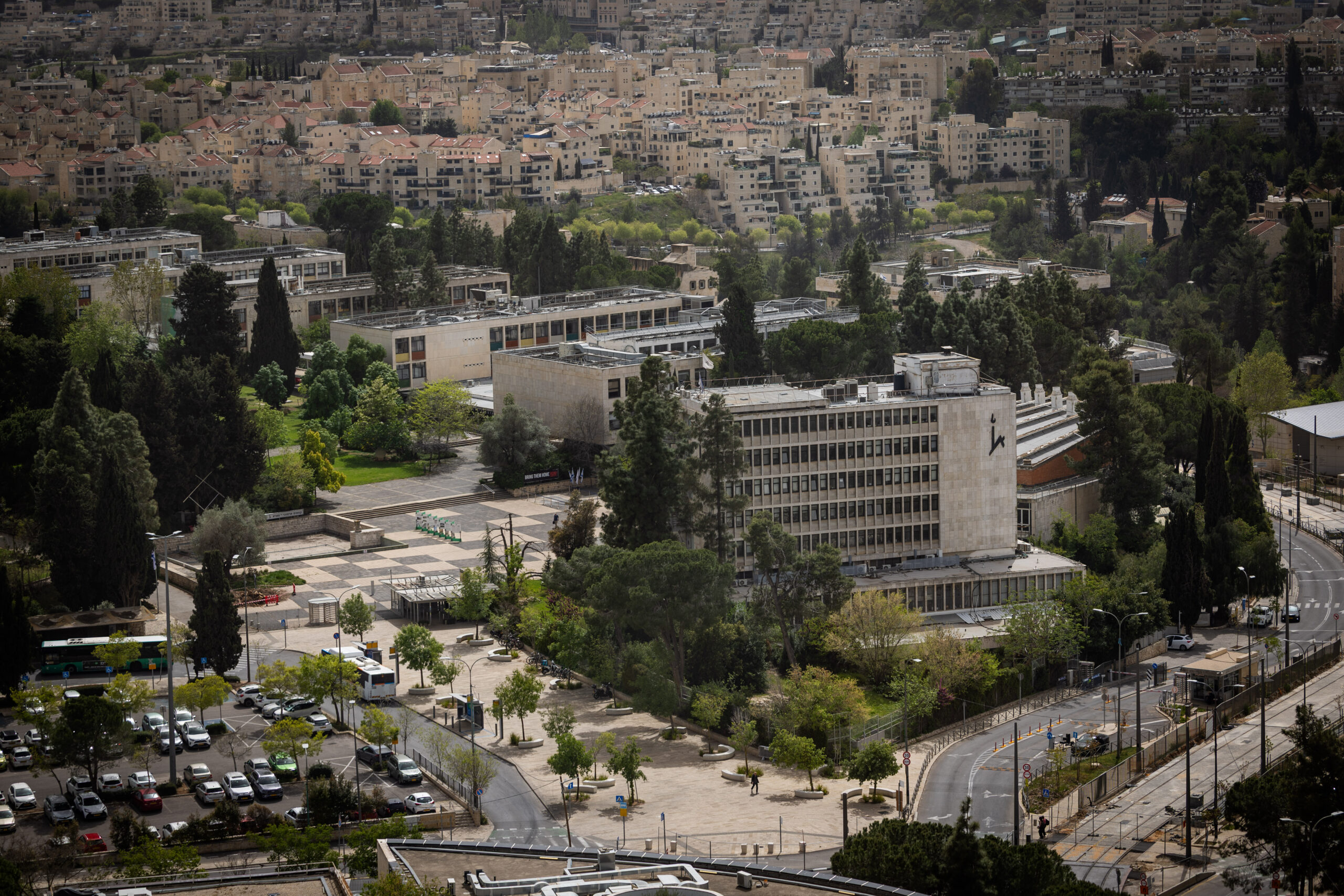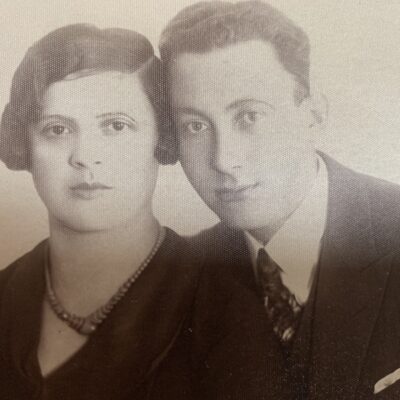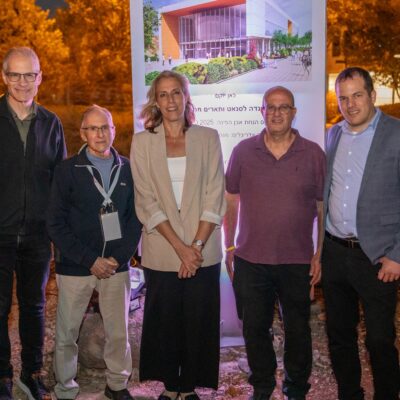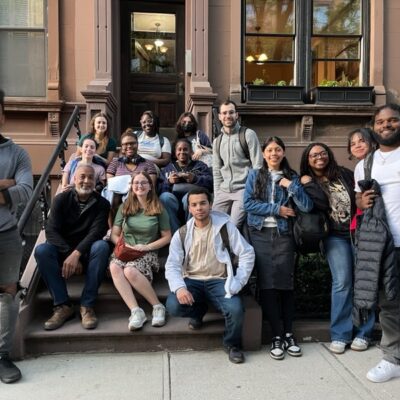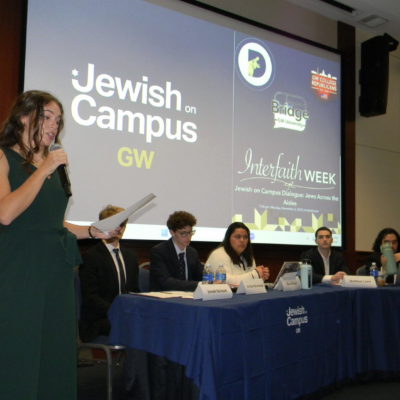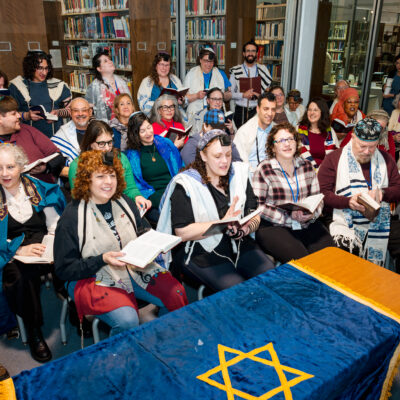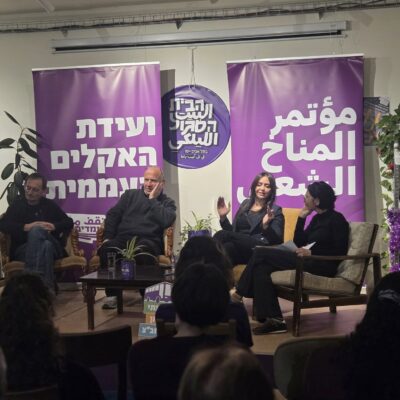Holocaust Education must Lay the Foundation for a More Tolerant, Safer Future

By Karen L. Berman
As the Jewish and global communities prepare to mark the United Nations-designated International Holocaust Remembrance Day on Jan. 27, there’s a foreboding sense of déjà vu in the continued persecution and hate which links the Nazi atrocities with contemporary anti-Semitism – and it’s a connection which isn’t necessarily as distant as we might assume.
For many Jews in America and worldwide, one of the enduring memories of 2018 will be, sadly, the Oct. 27 murder of 11 Jewish worshippers at the Tree of Life Synagogue in Pittsburgh, which represented the deadliest anti-Semitic attack in U.S. history.
On the surface, it feels unreasonable to mention the incomparable genocide of the Holocaust in the same breath as the Pittsburgh synagogue shooting. But let’s take a closer look.
The Pittsburgh attack came amid a broader surge of anti-Semitism and all forms of bigotry in America. The Anti-Defamation League documented a 60-percent increase in anti-Semitic incidents from 2016 to 2017, while the Center for the Study of Hate and Extremism at California State University found a 12.5-percent uptick in hate crimes over the course of 2017 in Chicago, Dallas, Houston, Los Angeles, New York City, Philadelphia, Phoenix, San Antonio, San Diego, and San Jose, marking the fourth straight year the total number of hate crimes rose in America’s 10 largest cities.
Heeding philosopher George Santayana, who famously said that “those who cannot learn from history are doomed to repeat it,” it’s incumbent upon us to engage in serious comparative analysis of the events leading up to the Holocaust and the rising tide of hate in modern-day America. It may seem far-fetched, but when you really sit down and think about it, the Holocaust started with the propaganda of Hitler and Goebbels as well as the boycotting of Jewish businesses, eerily resembling today’s “fake news” epidemic and the BDS movement against Israel. In both eras, people’s indifference to the other lies at the core of their societies’ failure to take key constructive and protective steps.
Jews continue to overwhelmingly be the top target of anti-religious crimes in America. While Jews comprise only 2 percent of the U.S. population, annual data compiled by the FBI shows they make up more than half of all Americans targeted for hate crimes committed due to religious bias. In the state of New York during 2018, more hate crimes targeted Jews than all other groups combined, according to police statistics.
We clearly see the threats growing before our eyes. But are we equipped to stop them before it’s too late?
Hatred doesn’t occur in a vacuum, and people aren’t born hateful. Instead, we need to examine whether or not we are effectively taking preventive measures against anti-Semitism and other forms of hate, specifically within our educational institutions.
Only 10 of 50 U.S. states have state-mandated Holocaust education, and the required education on genocide stops once students complete high school. We must also ask ourselves, even when students are studying the Holocaust and other genocides either through mandatory high school classes or elective college courses, how effective are the curricula and the instructors themselves in driving home the most important messages about genocide and ultimately against hate?
This is why programs that do more than simply scratch the surface of Holocaust education, such as University of Haifa’s unique Weiss-Livnat International MA Program in Holocaust Studies, are such crucial resources. The Weiss-Livnat program is dedicated to creating and nurturing a new generation of Holocaust researchers and educators who will maximize the impact of Holocaust studies. In addition to rigorous multidisciplinary coursework with leading researchers, the program’s students gain professional experience through research assistantships, internships in Israel and abroad, seminars, and study tours. Students have the opportunity to hear from Holocaust survivors and to build relationships with survivors through volunteer programs.
We must seek to bridge the differences between diverse groups of people and bring them together by teaching them how hate, discrimination, and prejudices led to the worst part of human history. The Holocaust was a Jewish tragedy, as well as a tragedy for all of humanity. What we do matters, and education helps us to close the gaps that divide us. And if we are not teaching this at University of Haifa, then we are providing a diverse and nurturing campus environment that embodies this very sentiment.
We must remember the horrors of the past to ensure a better-informed, more tolerant, and safer future. But merely remembering the horrors of the Holocaust isn’t enough. The responsibility falls on the shoulders of educators and institutional leaders to lay the foundation for societies which are inclusive and not indifferent to the other, and where feelings of hate don’t escalate into mass murder. When it comes to combating hate and modeling tolerance, if we don’t do that on campus, then where exactly will we do it?
And if not now – starting on International Holocaust Remembrance Day – then when?
Karen L. Berman is CEO of the American Society of the University of Haifa.

 Add EJP on Google
Add EJP on Google